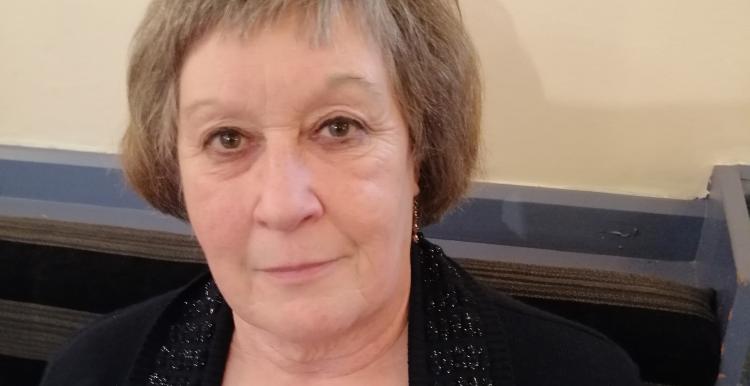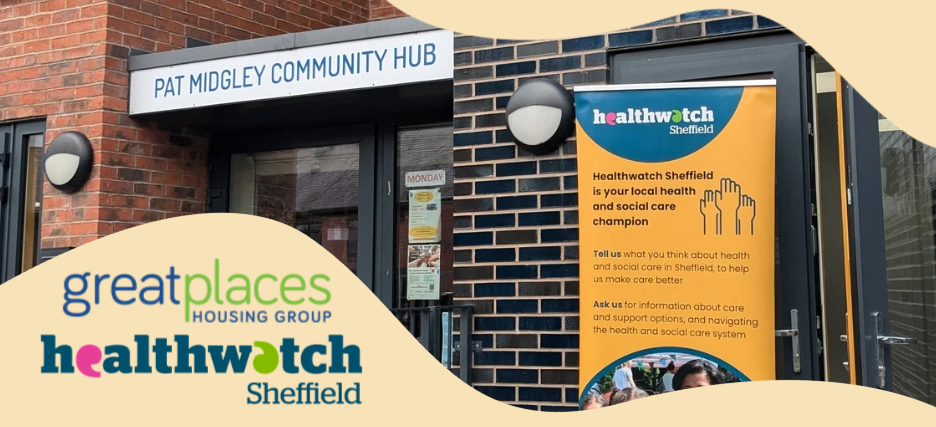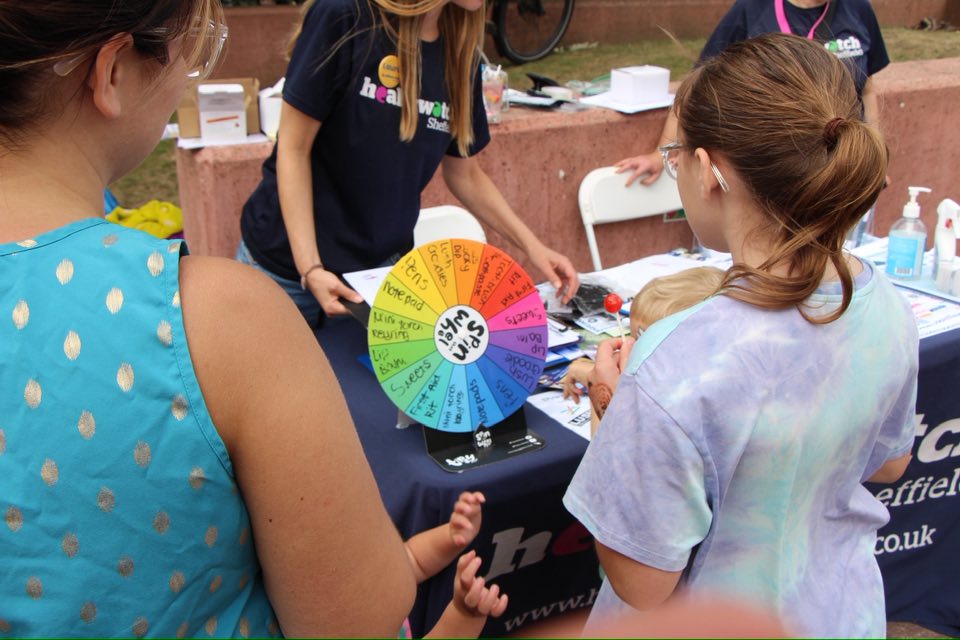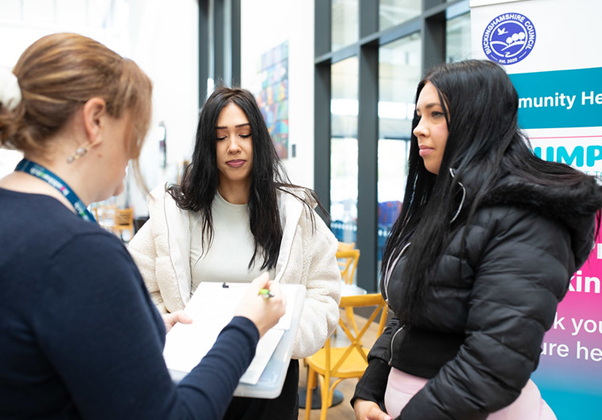World Diabetes Day - a personal story

Diabetes UK Sheffield, which is the local group of the national charity ‘Diabetes UK’ is very active in providing a help group to support all people with diabetes. I am the vice chair and attend their monthly meetings, which usually have an expert speaker on various topics relating to diabetes. I find them interesting and useful. Further details of this group are avilable at sheffielddiabetesuk.group.
From my experience, diabetes care in Sheffield is very good. For type 1 diabetes, this probably reflects the development of the research project ‘DAFNEplus’ which is led by Sheffield’s Professor Simon Heller. This further develops the original DAFNE (Dose Adjustment For Normal Eating) education course for people with Type 1 diabetes, which helps people with diabetes to use multiple daily insulin injections to mimic the naturally-produced insulin of people who do not have diabetes. This minimises the medical and social effects of diabetes to provide a better quality of life. The DAFNEplus strategy emphasises support and education for behaviour change.
Sheffield Teaching Hospitals NHS Foundation Trust and Sheffield University have a strong collaboration in diabetes research generally. Also, nearby Leeds Hospitals University Trust has a strong research presence on the treatment of diabetic foot ulcers.
Such research attracts some of the best specialists in clinical care, which benefits patients with diabetes. It also brings funding and prestige to our local hospitals and universities
I have been a participant in various research trials and I have found that there are often incidental benefits such as increased monitoring, feedback and diabetes advice.
I have found such participation to be enjoyable and interesting, as well as feeling that I am doing something worthwhile.
I was surprised to find that very little of the diabetes research in Sheffield involves drugs for diabetes. Much of it is to do with devices and measurement techniques. Some of the research also collects information about the participants to find out whether different diabetes treatments or strategies affect different groups of people differently. For this purpose, research may investigate possible differences by age, sex, ethnicity etc. For such research, it is important that the recruited patients represent the general population in these variations of sex, age and ethnicity, otherwise there may be differences in the effects of various treatments which are not recognised.
Other research, much of which is done by Sheffield Hallam University, investigates the effect of different lifestyles, such as the effect of physical activity.
Over the 18 years since I was diagnosed with diabetes, there have been many innovations and improvements to glucose monitoring equipment, which have improved my quality of life with diabetes, I hope that, through research, such innovations will continue.
By Brenda Riley
Share your views on diabetes care
If you or a relative have diabetes, consider sharing your experience of care and support. It only takes 5 minutes, and your feedback could help to improve services for others.


